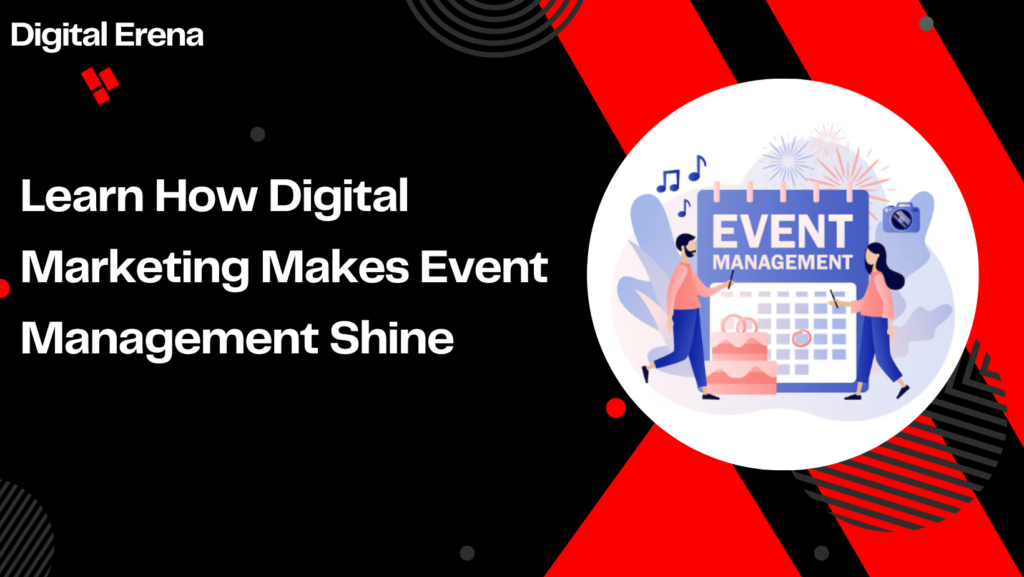Introduction
Event management has evolved significantly with the rise of digital marketing. Traditional event planning strategies are no longer sufficient to attract attendees and create memorable experiences. Digital marketing in event management plays a crucial role in promoting events, reaching wider audiences, and ensuring event success. By implementing the right event marketing strategies, businesses can maximize engagement and enhance brand visibility.
In this blog post, we will explore how online marketing for events helps in event promotion and branding, discuss various strategies, and highlight key digital marketing techniques to elevate event management.
The Role of Digital Marketing in Event Management
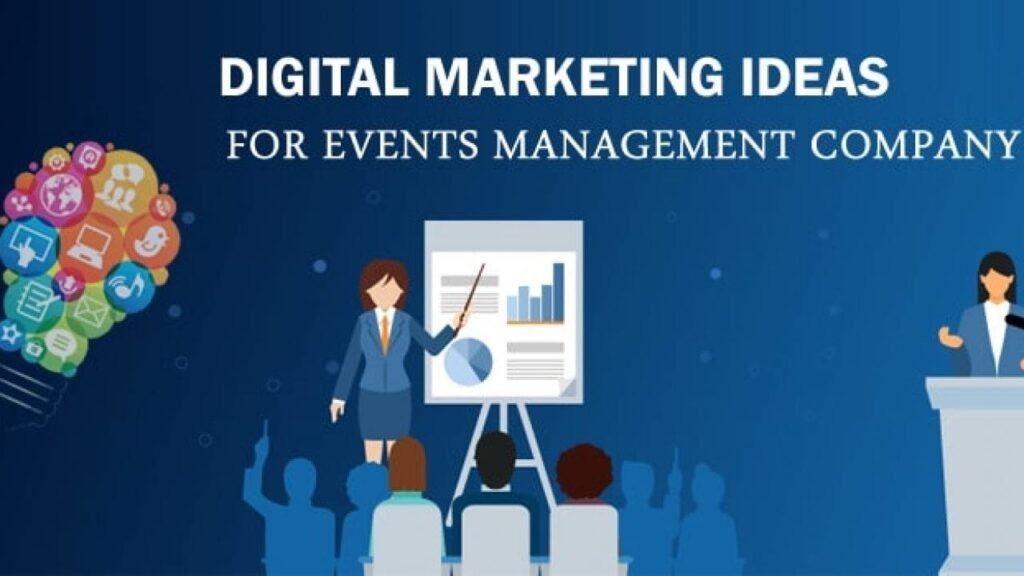
Digital marketing has transformed the way events are marketed and managed. Whether it is a corporate conference, product launch, or music festival, leveraging digital marketing in event management is essential. The following points highlight its impact:
- Wider Reach: Online platforms allow event organizers to connect with a global audience.
- Cost-Effectiveness: Compared to traditional advertising techniques, digital marketing is frequently less expensive
- Real-Time Engagement: Social media platforms enable real-time interaction and engagement.
- Measurable Results: Analytics tools provide insights into audience behavior and campaign performance.
- Personalization: Tailored marketing campaigns can enhance attendee experience and drive higher conversions.
- Automation: Marketing automation tools help streamline event promotions and communication efforts.
- Enhanced Audience Insights: Digital tools help understand audience preferences and behaviors, aiding in future event planning.
Effective Event Marketing Strategies
1. Social Media Marketing for Events
Social media is a powerful tool for event promotion. Platforms like Facebook, Instagram, LinkedIn, and Twitter help in reaching target audiences effectively. To maximize success:
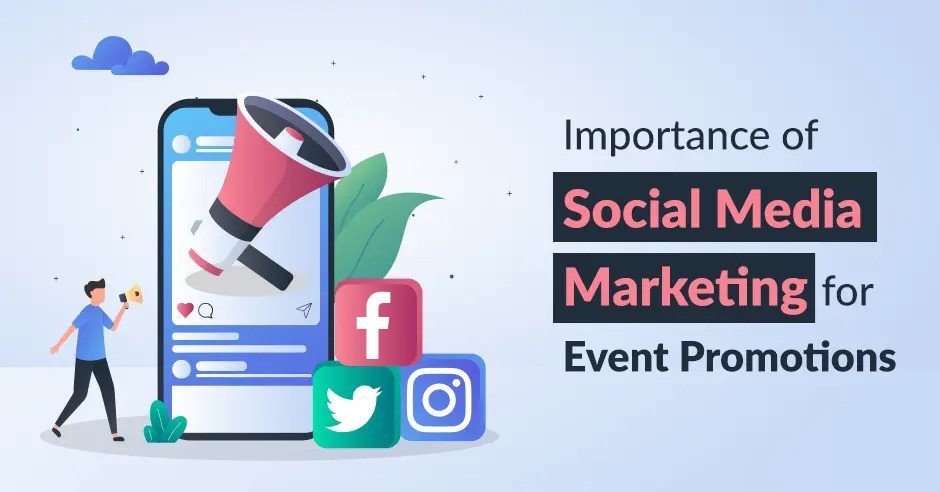
- Create event pages and groups for better engagement.
- Use event hashtags to increase visibility.
- Leverage live streaming to give a sneak peek of the event.
- Encourage user-generated content to boost credibility.
- Utilize social media ads to target potential attendees based on demographics and interests.
- Engage with interactive content such as polls, quizzes, and giveaways to boost participation.
- Schedule countdown posts and reminders to keep excitement high.
2. Email Marketing for Events
Email marketing remains one of the most effective event marketing strategies. It allows personalized communication with potential attendees. Best practices include:
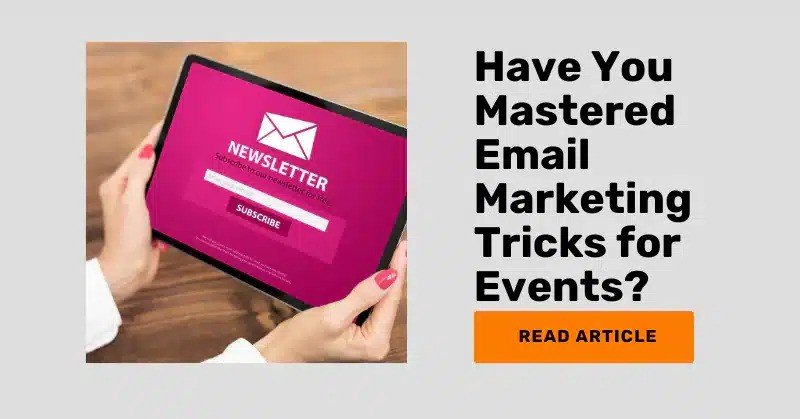
- Segmenting email lists for targeted outreach.
- Sending event reminders to keep the audience informed.
- Including exclusive offers to encourage early registrations.
- Using automation to schedule follow-ups efficiently.
- A/B testing subject lines and content to maximize email open rates.
- Integrating interactive elements like RSVP buttons or embedded videos.
- Sending post-event follow-ups with feedback forms and highlights.
3. SEO for Event Promotion
Search Engine Optimization (SEO) plays a vital role in ensuring an event’s online visibility. Proper optimization helps in attracting organic traffic. Key SEO techniques include:
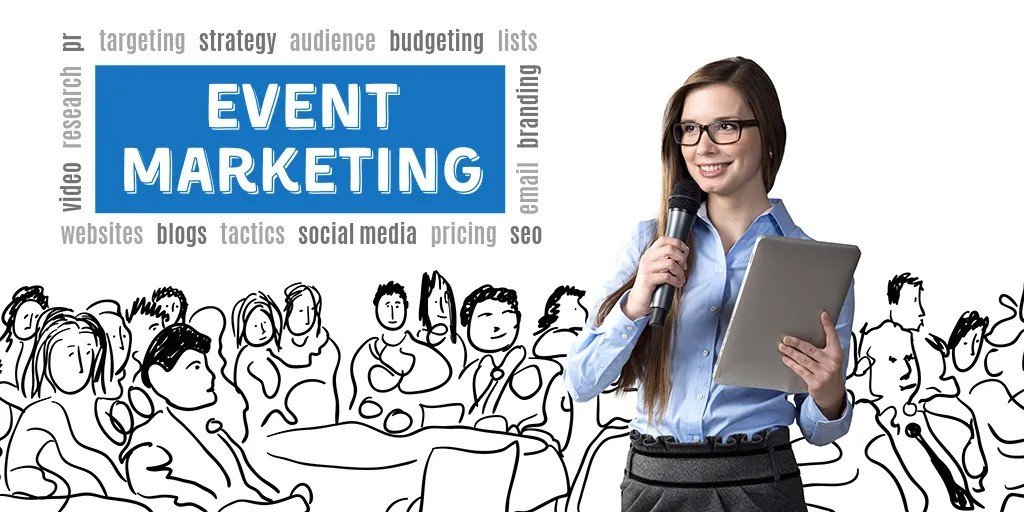
- Optimizing event landing pages with relevant keywords.
- Using structured data to enhance search engine rankings.
- Publishing blog posts related to the event for additional exposure.
- Encouraging backlinks from industry-related websites.
- Implementing local SEO strategies to attract nearby attendees.
- Leveraging voice search optimization as more users rely on voice assistants.
- Adding high-quality visual content like infographics and videos to improve rankings.
4. Paid Advertising for Events
Paid advertising can significantly boost event visibility. Some effective paid advertising strategies include:
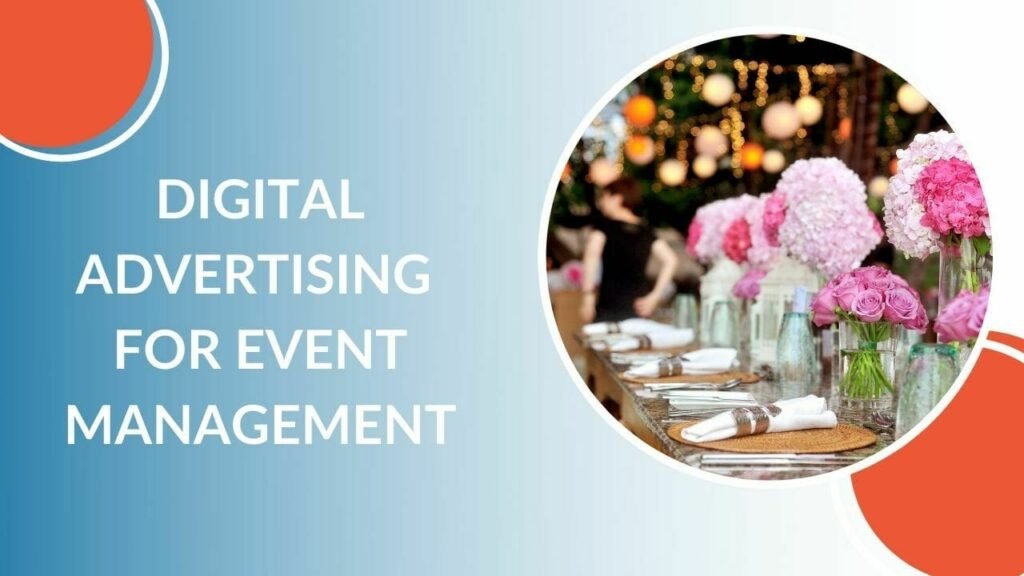
- Google Ads for keyword targeting related to the event.
- Social media ads to reach specific demographics.
- Retargeting campaigns to re-engage potential attendees.
- Influencer collaborations to increase credibility and reach.
- Native advertising to seamlessly integrate event promotions within content platforms.
- Using programmatic advertising for automated ad placements based on audience behavior.
- Running countdown timer ads to create urgency and drive ticket sales.
Enhancing Event Branding Through Digital Marketing
1. Influencer Marketing for Events
Collaborating with influencers can amplify event branding and credibility. Best practices include:
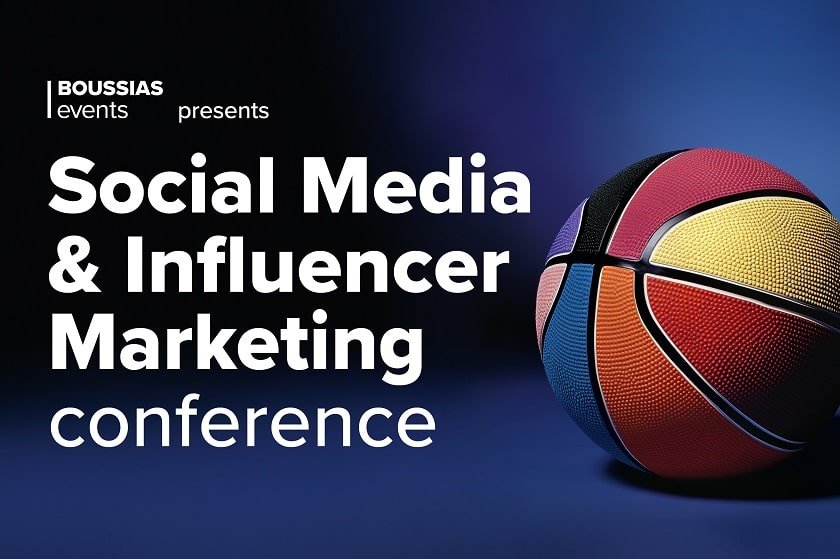
- Identifying relevant influencers in your industry.
- Offering free event passes to influencers in exchange for promotions.
- Encouraging influencer-hosted giveaways to attract attendees.
- Using influencer testimonials to build trust among audiences.
- Developing long-term influencer partnerships to maintain brand credibility.
- Hosting influencer-led Q&A sessions to boost engagement and authenticity.
- Utilizing micro-influencers for niche audience targeting.
2. Content Marketing for Events
Creating valuable content helps in engaging and informing potential attendees. Effective content marketing strategies include:
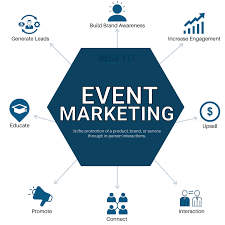
- Publishing blog posts and guest articles on event-related topics.
- Creating video teasers to generate excitement.
- Developing shareable infographics with event highlights.
- Posting behind-the-scenes content to engage audiences.
- Hosting expert interviews related to the event theme to boost authority.
- Using storytelling techniques to create an emotional connection with the audience.
- Building a content hub on the event website for easy access to all promotional materials.
3. Experiential Marketing for Better Engagement
Experiential marketing focuses on creating memorable experiences for attendees. It involves:
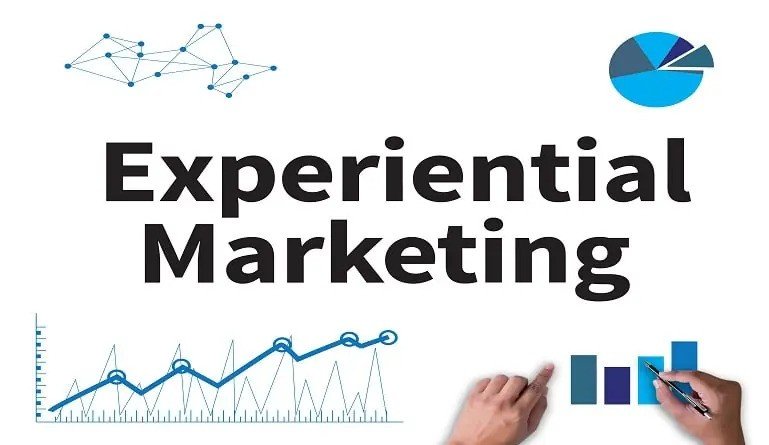
- Offering interactive booths and activities at the event.
- Using virtual reality (VR) and augmented reality (AR) to enhance experiences.
- Creating gamification elements to encourage participation.
- Encouraging live social media interactions with event hashtags.
- Personalizing event experiences through tailored recommendations.
- Providing branded swag and digital souvenirs for a lasting impression.
Virtual Event Promotion Strategies
With the rise of virtual events, digital marketing plays a crucial role in their success. Some effective virtual event promotion techniques include:
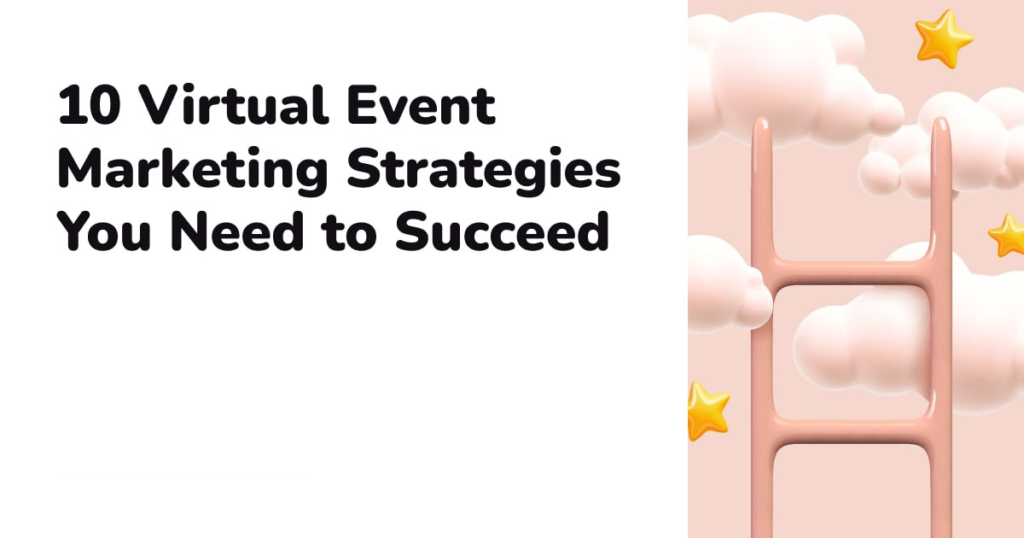
- Using webinars and live streams for audience engagement.
- Leveraging social media stories and reels for quick updates.
- Providing exclusive digital content to registered attendees.
- Hosting Q&A sessions to increase interaction and participation.
- Implementing virtual networking sessions to facilitate attendee engagement.
- Offering interactive breakout rooms for deeper discussions and collaboration.
- Using gamification and rewards to encourage participation.
The Future of Digital Marketing in Event Management
The future of event management heavily relies on digital advancements. Emerging trends include:
- AI-driven event personalization to tailor attendee experiences.
- Blockchain-based ticketing systems to reduce fraud.
- Metaverse events offering immersive digital experiences.
- Advanced data analytics for deeper audience insights.
- Hybrid event strategies combining in-person and virtual experiences.
- 5G technology enabling seamless live streaming and enhanced digital interactions.
- Sustainability-focused digital strategies to promote eco-friendly events.
Conclusion
Digital marketing in event management is no longer optional; it is essential. By implementing event marketing strategies, businesses can effectively promote their events, engage audiences, and enhance their branding. Utilizing online marketing for events through social media, email marketing, SEO, and influencer collaborations ensures a successful event experience.
By staying ahead with the latest digital marketing trends, event organizers can create unforgettable experiences while achieving their marketing goals. Start implementing these strategies today and watch your event management shine!
